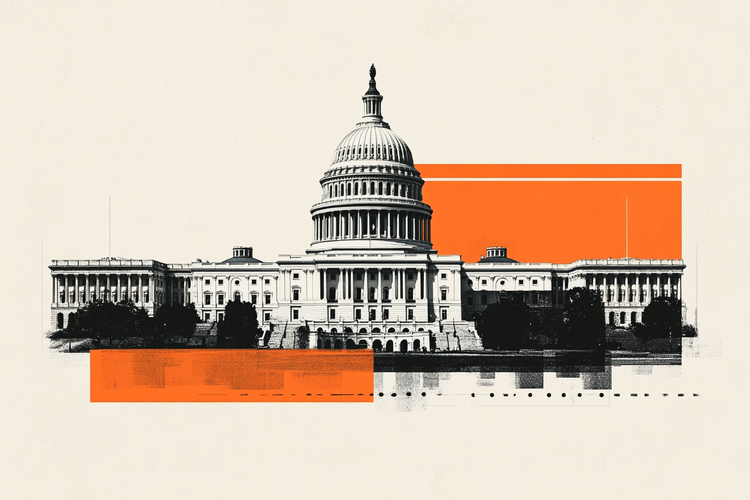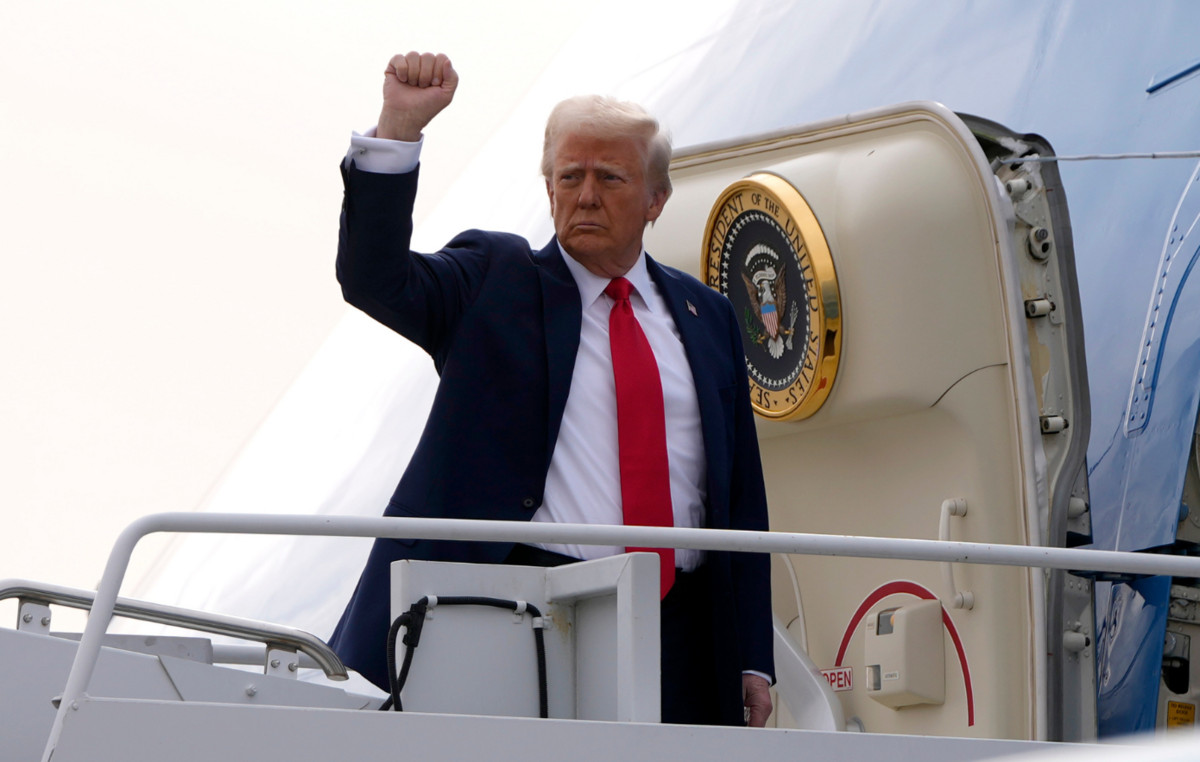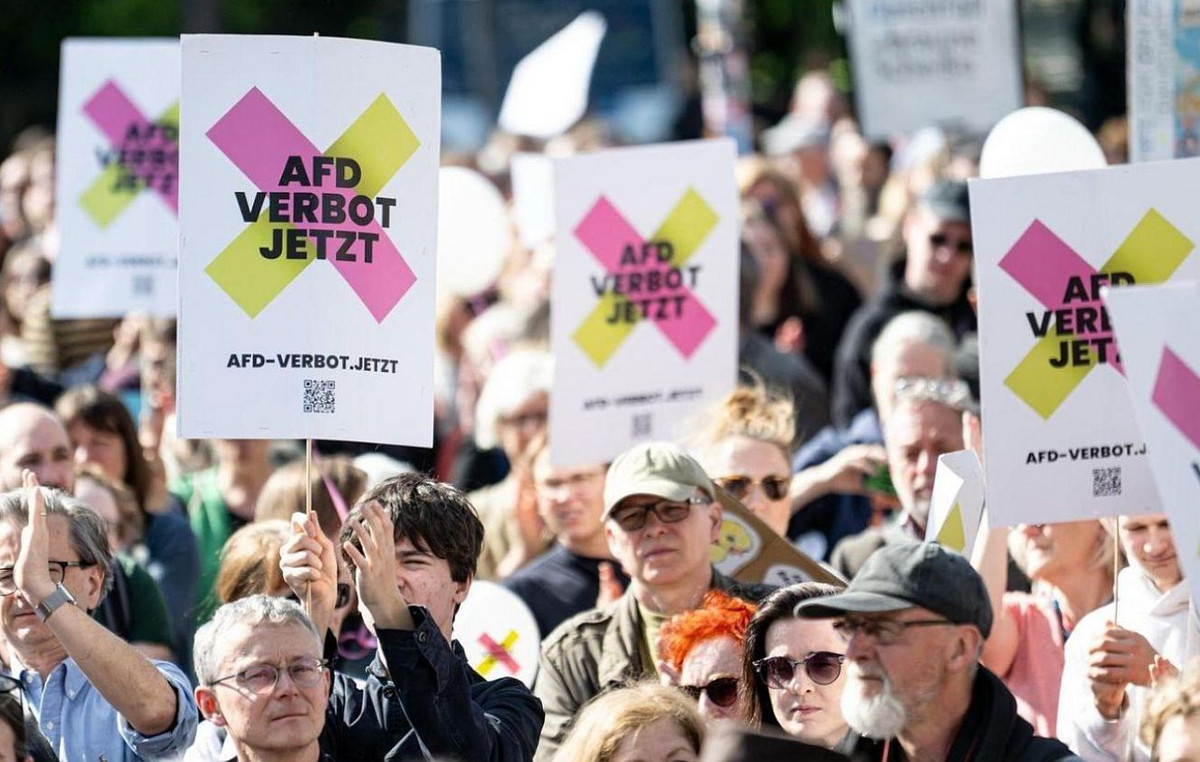In response to a speech made by President-elect Luiz Inácio Lula da Silva (PT) this Thursday (10), the Ibovespa lost about R$156 billion in market value in one day, and future interest rates skyrocketed. The strong negative reaction of financial agents is explained, above all, by the perception of lack of control in public accounts, since Lula criticized fiscal control policies and questioned the need for Brazil to register a primary surplus — when the Union’s expenditures are lower than the revenue in the end of a period.
“The elected government is indicating that we are going to have a substantial deficit next year, which is accompanied by some changes in relation to the definition of what is below the spending ceiling (constitutional rule that limits Union spending to inflation the previous year)”, says Felipe Sichel, chief economist at Banco Modal.
The expert explains that, in practice, this means that, without a brake on the evolution of future spending, the expectation of government financing needs increases, which leads to a perspective of higher interest rates, inflation and, consequently, lower economic growth. “The balance of these expenses is very deteriorated,” he says.

In one day, rates on longer contracts rose by a percentage point, which is not usually the case, he points out.
“What the curve represents is basically an expectation of agents about the future trajectory of interest that the Brazilian economy will face, essentially meaning that we will see the need to pay more premium for being allocated in Brazil. Which, in practice, also ends up saying that it will be more difficult and more expensive to make investments and borrow money”, he explains.
See the full interview above.
*Posted by Ligia Tuon
Source: CNN Brasil
Joe Jameson, a technology journalist with over 2 years of experience, writes for top online news websites. Specializing in the field of technology, Joe provides insights into the latest advancements in the industry. Currently, he contributes to covering the world stock market.







